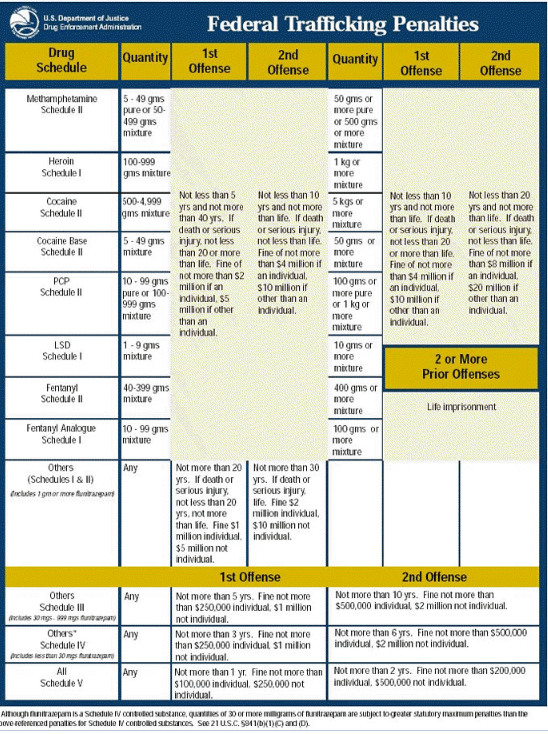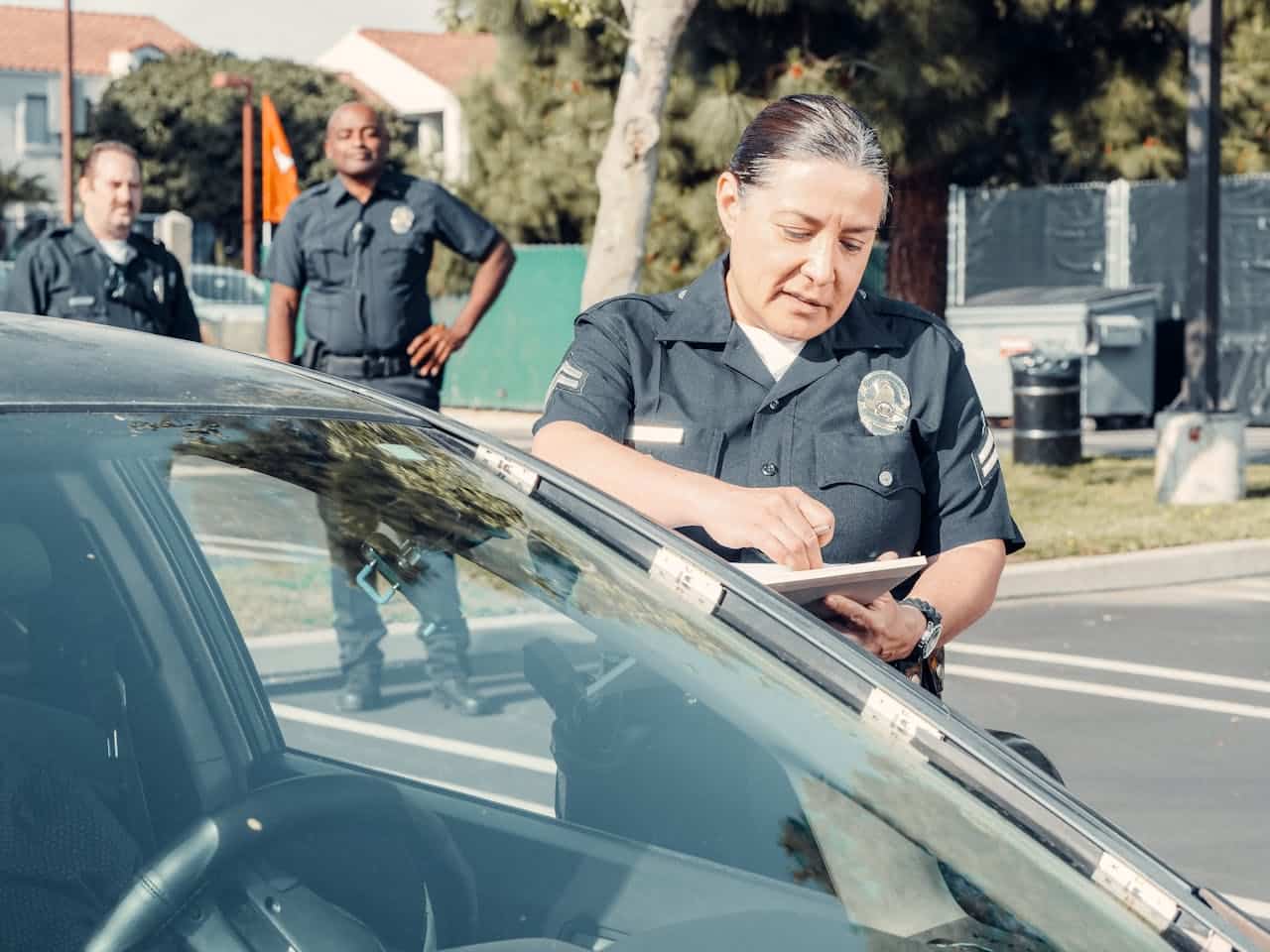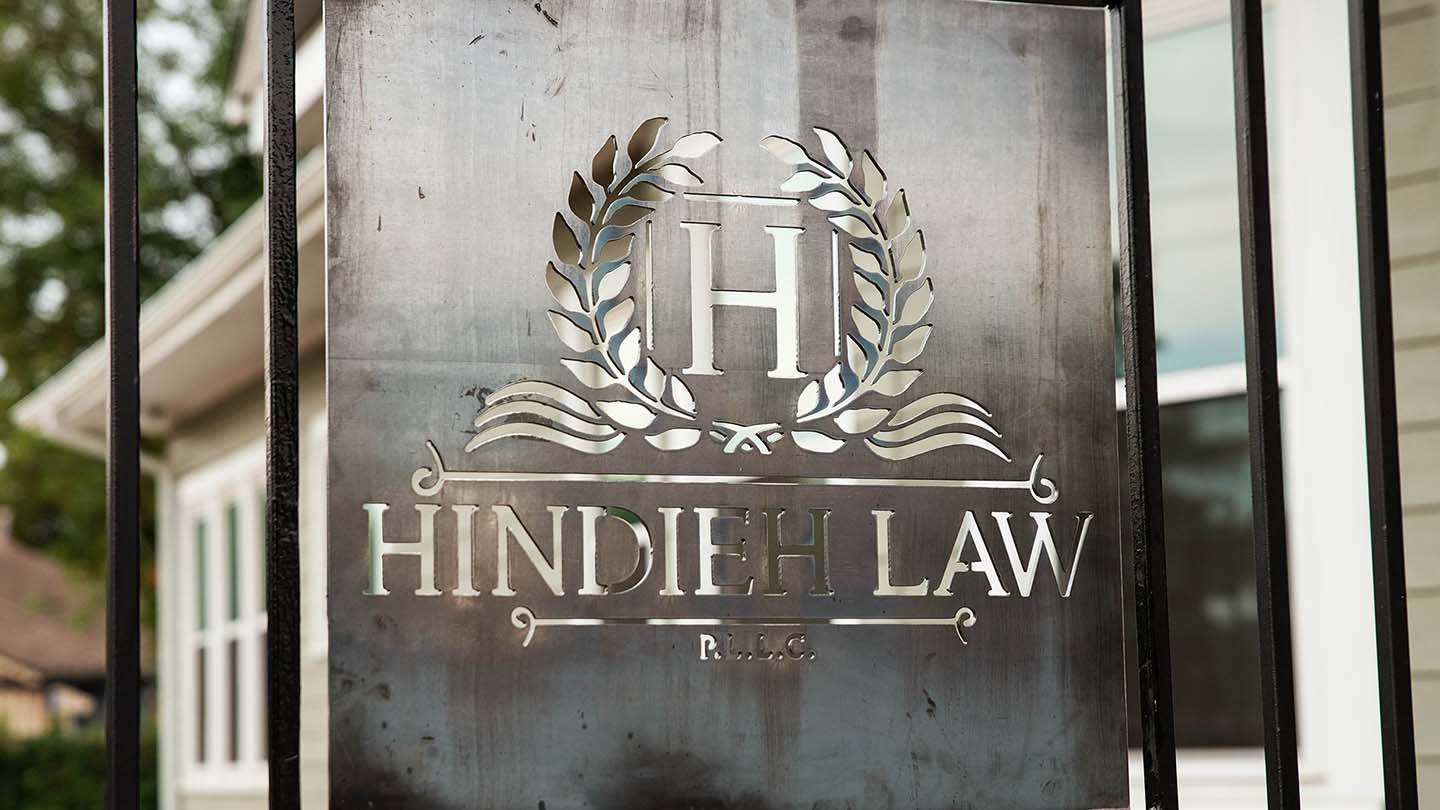The federal government takes drug conspiracy charges very seriously. As a result, the penalties for drug conspiracy violations have become more harsh as the so-called “War on Drugs” has risen. In an effort to keep drug dealers off the streets for good, mandatory minimum terms have been implemented, ensuring that anyone convicted of a drug conspiracy violation will do time in federal prison without exception.
With prison penalties ranging from 10 to 40 years, a conviction can have a significant influence on your life and freedom.
If you’ve been charged with drug conspiracy, you’ll be up against a court system that’s been set up to favor the prosecutor. Your greatest protection against these harsh federal laws is a professional and experienced criminal defense attorney who can represent you and fight for your rights.
What Are Charges of Drug Conspiracy in the United States?

The federal provisions on drug conspiracy are intended to be as broad as feasible. A federal drug conspiracy, on the other hand, is defined as a deliberately entered into agreement between two or more people to violate a federal drug statute. In order to achieve a conviction, the prosecutor must prove the following:
- A group of two or more people agreed to break a federal drug law.
- The contract was known and signed by everyone participating in the plot.
Despite the fact that the term “drug conspiracy” has a very broad connotation, it can be classified into four categories:
Manufacturing of a controlled substance
refers to the act of growing, extracting, processing, or any other part of the process of making illegal substances.
Importing a Controlled Substance
comprises any method of bringing illegal narcotics into the United States.
Distribution of a controlled substance refers to the transfer of illegal substances to another individual.
There must be no money exchanged for the drugs to be considered distribution of a restricted substance. Any method of distribution is permissible, even so-called “online pharmacies” that use forged prescriptions to transmit illegal drugs to a recipient.
Possession of a Controlled Substance with the Intent to Distribute.
In general, possession refers to any situation in which a person is captured with an illegal substance. However, prosecutors may try to prove that the defendant planned to sell or distribute the narcotics in addition to possessing them. To demonstrate intent to distribute a banned narcotic, scales and baggies, for example, can be utilized. The quantity of drugs found in the defendant’s possession could also constitute evidence of a drug distribution conspiracy. Because of the likelihood of being linked to other drug conspiracy offenses, possession charges are the most complicated of the four.
Drug Conspiracy Penalties in the United States

The amount of each substance involved determines the penalties for federal drug conspiracy crimes. Depending on the type of substance, different amounts and punishments apply. The following are the punishments for each substance or category of drug:
Marijuana
Based on the amount of marijuana involved in the conspiracy, the following penalties apply:
- If you weigh more than 100 kilograms, you must serve a minimum of 5 years in federal prison and a maximum of 40 years.
- If you weigh 1,000 kilograms or more, you must serve a minimum of 10 years in federal prison and a maximum of 40 years.
- There is no alleged amount – there is no mandatory minimum punishment, and the maximum term is up to 40 years.
Heroin
Based on the amount of heroin involved in the conspiracy, the following sanctions apply:
- If you have 100 grams or more, you must serve a minimum of 5 years in federal prison and a maximum of 40 years.
- If you have 1 kilogram or more, you must serve a minimum of 10 years in federal prison and a maximum of 40 years.
Cocaine (and “Crack” Cocaine) is a stimulant.
Based on the amount of cocaine or crack cocaine involved in the conspiracy, the following punishments apply:
- 500 grams or more of cocaine, or 28 grams or more of crack cocaine – a minimum of 5 years in federal prison is required, with a maximum penalty of 40 years.
- 5kg or more of cocaine, 280g or more of crack cocaine – minimum federal prison sentence of 10 years, maximum life sentence
Methamphetamine
The following penalties apply based on the amount of methamphetamine involved in the conspiracy:
- 5 grams or more – a mandatory minimum sentence of 5 years in federal prison, with a maximum sentence of 40 years
- 50g or more – federal prison sentence of at least ten years, with a maximum penalty of life.
- Less than 5g – no mandatory minimum sentence, maximum 20-year sentence
Opioids and GHB
The federal government has recently stepped up enforcement of opioid-related offenses (including ketamine and fentanyl, as well as GHB (gamma hydroxybutric acid), also known as the “date rape drug”). The following penalties apply to conspiracies involving various types of medicines:
- There is no minimum sentence requirement and a maximum sentence of 20 years in prison.
- Increased penalties if the substance used in the conspiracy kills or seriously injures someone.
- The penalties are heightened if the offender has previously been convicted of a felony for a drug-related offense.
Legal Defenses Against Drug Conspiracy Charges in Courtroom
Despite the fact that the government has done everything it can to stack the deck against you as a defendant accused of drug conspiracy, you may be able to employ legal defenses in your case. If you apply the right defense strategy, you might be able to get your charges reduced or dropped. The following are some of the most common drug conspiracy defense strategies that your lawyer might employ in your case.
Illegally Obtained Evidence
A judge may declare that evidence gathered illegally by the federal government against you is inadmissible in court, leaving the prosecution without a case. If the evidence was obtained through illegal search and seizure or entrapment, you may be able to have your case dismissed.
Lack of Intent or Knowledge of a Conspiracy
To be found guilty of participating in a narcotics conspiracy, the prosecution must prove that you consciously agreed to the conspiracy agreement. If you can establish that you did not agree to join or were aware of the conspiracy, you will not be convicted.
Withdrawal from the Conspiracy
You may be able to defend your case if you attempted to discontinue your involvement in the conspiracy that you agreed to be a part of. This is especially true if you can establish that you were aggressive in your efforts to withdraw.
If you’re accused of federal drug conspiracy, there may be defenses available to help you avoid the harsh penalties levied by the federal government. Don’t be scared to consult with an attorney who can assess your situation and advise you on the best course of action.
As a criminal defense attorney with over 10 years of expertise litigating drug conspiracy cases, our attorney has what it takes to defend clients charged with even the most serious crimes.
Call 214-Release (214.960.1458) for a free consultation and guarantee that you are well-represented and do not face the fines and burdens that come with a Federal Drug Conspiracy Charge.






